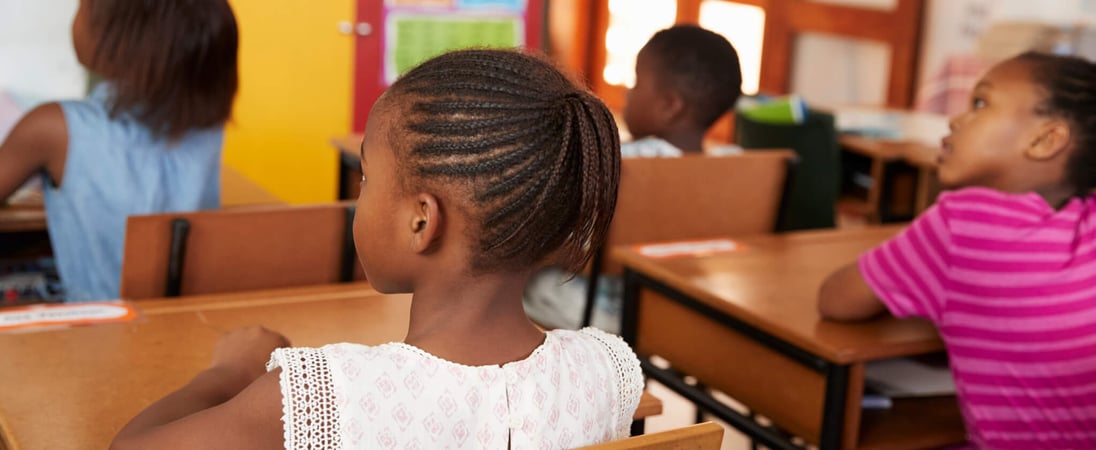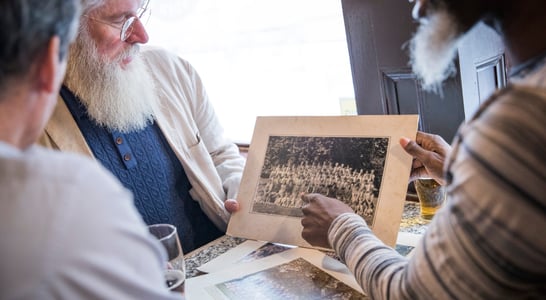
International Day of the African Child
Highlighting the importance of education and raising awareness about challenges faced by young people in diverse regions.
Each year on this day, charitable organizations, educators, NGOs, governments and other groups get involved with advocating for and promoting the rights of all the black children of Africa.
How to Celebrate International Day of the African Child
People from many different backgrounds and places who have an interest in becoming involved with the International Day of the African Child can do so in a number of ways, including some of these:
Join International Day of the African Child Events
Various events, both in person and online, may be scheduled to take place in honor of the International Day of the African Child. This might include educational consultations, forums, webinars, and other helpful and informative activities that stakeholders can get involved with. The African Committee of Experts on the Rights and Welfare of the Child (ACERWC) provides access to different opportunities and events held in honor of this day.
Learn Facts About International Day of the African Child
One way to show respect and honor on the International Day of the African Child might be to get more educated and informed about some of the events surrounding the day. Perhaps it would be a good idea to share some facts on social media in an effort to raise awareness about this important day.
Do a little bit of online research, or check out some of these facts to get started with:
-
Over half of the world’s 57 million children live in sub-Saharan Africa, where one in six children do not live to reach their fifth birthday
-
By 2050, it is estimated that almost one in three of the children on the globe will reside in sub-Saharan Africa
-
While some African countries have high school enrollment rates (98% in Tanzania), Eritrea has only 37% for boys and 34% for girls
Support a Charity for African Children
People from all over the world can get involved with International Day of the African Child by making a donation to one of the legitimate charities that works toward finding solutions, including:
History of International Day of the African Child
The International Day of the African Child has been taking place for more than 30 years, since it was founded by the Organization of African Unity (OAU) in 1991. The OAU has since been replaced by the African Union. The day was established specifically with the purpose of honoring those who were involved with the Soweto Uprising on June 16, 1976.
The Soweto Uprising was a series of protests and demonstrations that were made by black school children against the discriminations of the apartheid regime in South Africa at the time. Experts believe that as many as 200,000 children took part in the demonstrations, which turned into riots that were met with police brutality, gunfire and other types of abuse. Many children, some estimates showing as many as several hundred, were killed in the uprising.
The hope behind the International Day of the African Child, in honor of the 15th anniversary of Soweto, was to increase public knowledge and raise awareness about the continual need for improvement for the education of African children as well as standing up for other rights.
Also on ...
View all holidaysFresh Veggies Day
Head to a farmer’s market, U-Pick veggie field, or even your own backyard garden and see what delicious and nutritious meals you can make with fresh veggies.
World Sea Turtle Day
Ancient marine creatures navigating vast oceans, facing challenges, and inspiring efforts to protect their fragile existence.
National Fudge Day
If you needed an excuse, here it is: National Fudge Day is the perfect opportunity to indulge in your favorite flavor of the rich, creamy treat we call fudge.
Bloomsday
Delving into the intricate tapestry of Dublin life, unraveling the complex narratives and cultural nuances within a literary masterpiece.
We think you may also like...
National Day of Remembrance for Indian Boarding Schools
Exploring historical approaches to Native American education unveils impactful narratives and perspectives worth remembering.








